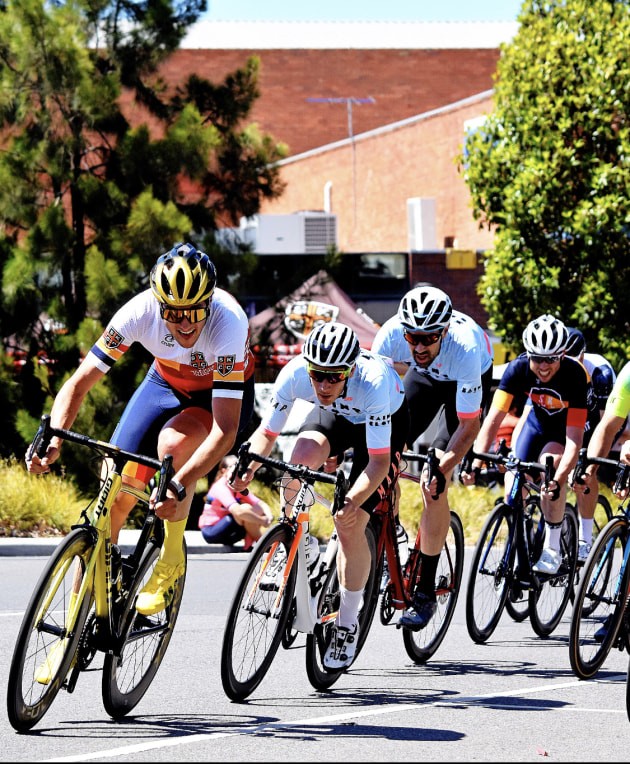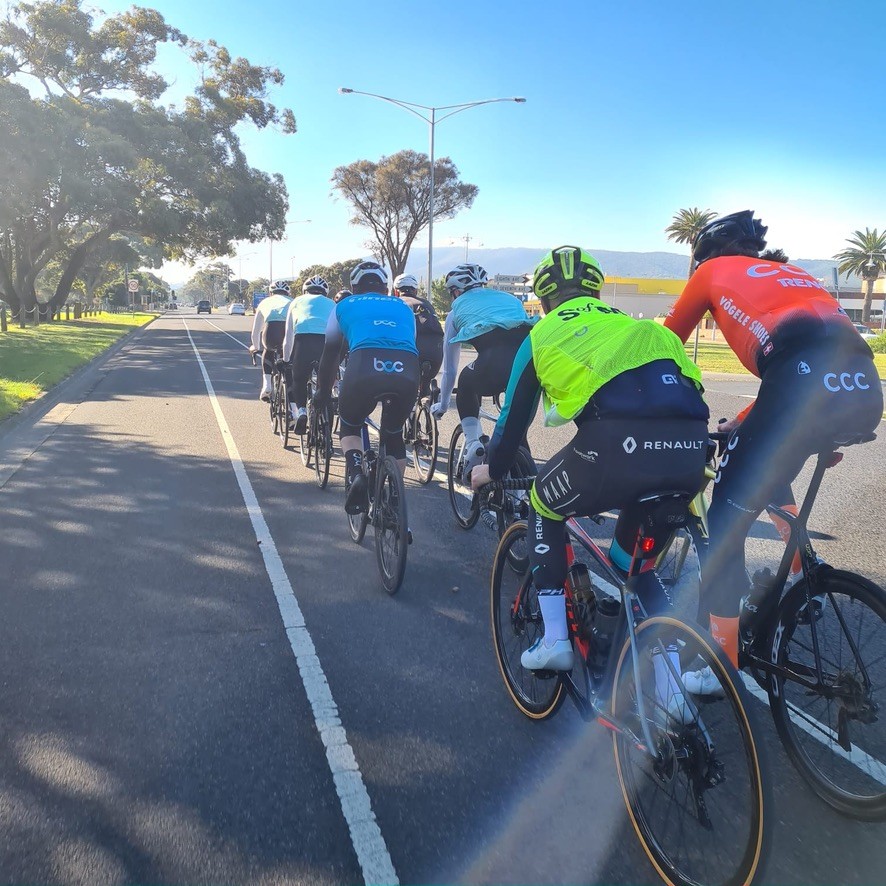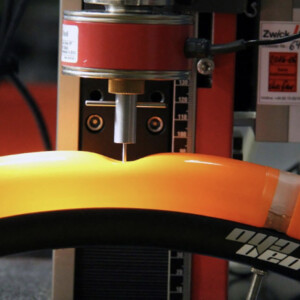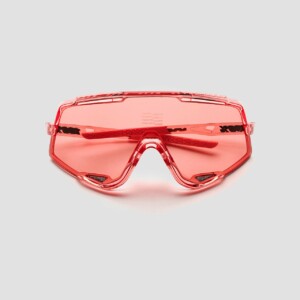Junk kilometres … do they exist, doesn’t every pedal stroke actually count and isn’t every minute on the bike a bonus? In his latest column Lee ‘Hollywood’ Turner answers all these questions and more.
You’ve probably heard the term, but what are junk miles or in our case junk K’s, and are they are a bad thing?
I went to the internet to find out what Google says it means and got back “Junk miles can be defined as cycling that has little or no training benefit and only serves to build fatigue”. So they must be bad, right?
Let’s be clear I’m not a coach, nor a sports scientist, I’m just your average punter who loves riding his bike. I’ve been told in the past I do too many junk miles, but do I? I always thought in the offseason, which is our winter, that riding big slow K’s was a good thing. It was like a footy preseason of building up the base ready to mix it up when it gets closer to events or racing.
… What’s wrong for going on a long ride with friends with no sprints, intervals or racing up climbs to contend with….
I don’t believe junk K’s are bad, and if they are who cares? What’s wrong with going on a long ride with friends with no sprints, intervals or racing up climbs to contend with. Is that a bad thing? If you ride for fun it’s not, it can be very mentally stimulating and enjoyable. If you were keen on racing and this was all you did, then maybe it’s not a great idea. Everyone and every situation is different.

I always say for me cycling is about fun and socialising, so it doesn’t matter if I do so-called junk miles. Am I having fun? Yes definitely! Sometimes doing an easy café ride is the best training after doing a hard ride the day before.
I look at it this way, if you eat junk food every day it’s perceived to be a bad thing. If you eat it now and again and have a balanced diet, then once in a while can’t hurt. Junk miles should be part of a balanced diet or, in this case, training program.
Junk miles are good because they give the body a rest, a chance to somewhat recover from those hard training rides, sprint efforts, interval training or even just a bloody hard local bunch ride.
Some would argue it’s quality over quantity and that’s OK to a certain degree, but junk miles are also needed. If every ride was like a race, we’d all burn out pretty quickly. Everyone is different and It all depends on your cycling/fitness goal. What is right for someone who has been riding for 20 years may be very different from someone who has been riding two, or someone who rides six times a week compared to someone who rides three. There is no blanket approach for all.

I’m a sucker for doing extra K’s even if it’s going around the block a couple of times when I’ve finished my ride. It looks better on Strava if your ride shows 100km instead of 96km or 200kms instead of 190kms. Doing those extra “junk mile” kilometres to pad out your ride is worth it when you download it. It’s rewarding! I find even when on Zwift if my ride finished on 75km, I say to myself only 25 to the 100, or if it’s 43 only another 7 to the 50. It’s an ongoing battle I have.
Doing junk K’s every day is not going to help if you are training for a race or another type of big event. You need to mix it up and have some intensity and some faster, harder rides, or you’ll crumble when the going gets tough. Your body just won’t be used to it.
I spoke with former Pro rider Tommy Nankervis, who is one of the coaches at the new online training website formfinder.cc, to get his thoughts.
He said, “If the term ‘junk miles’ was re-labelled as ‘training volume’, people would likely look at it differently.” While there isn’t a magical substitute for training volume, those with limited time or motivation for long training can perform various interval sessions.
This can compensate for the miles they can’t fit in. In saying that, if you are training for an event like the Bowral Classic or Three Peaks, you’re going to have to take on some long rides, even if it is once a week. During the week you could (read should) do differing intensity intervals to help stimulate the body on top of those long, one-paced rides. However, every ride cannot be a race.
Interval sessions (time spent at a high intensity) for most cyclists, would typically account for around 20% of their training time. Time-crunched riders might do much more than 20% of their weekly volume in structured interval sessions. The body will try to resist this and fitness gains will probably plateau after a few months.
Tour de France cyclists would spend a lot of time “just riding”, some days for six-seven hours at a time. So if you do have the time and motivation to get out on the bike for a long ride, embrace that time and take no notice of those junk mile critics.
Lee’s Top 3 Benefits of Junk Miles
1: Help the body recover from previous intense training.
2: Are Mentally refreshing.
3: They help build a solid base.


